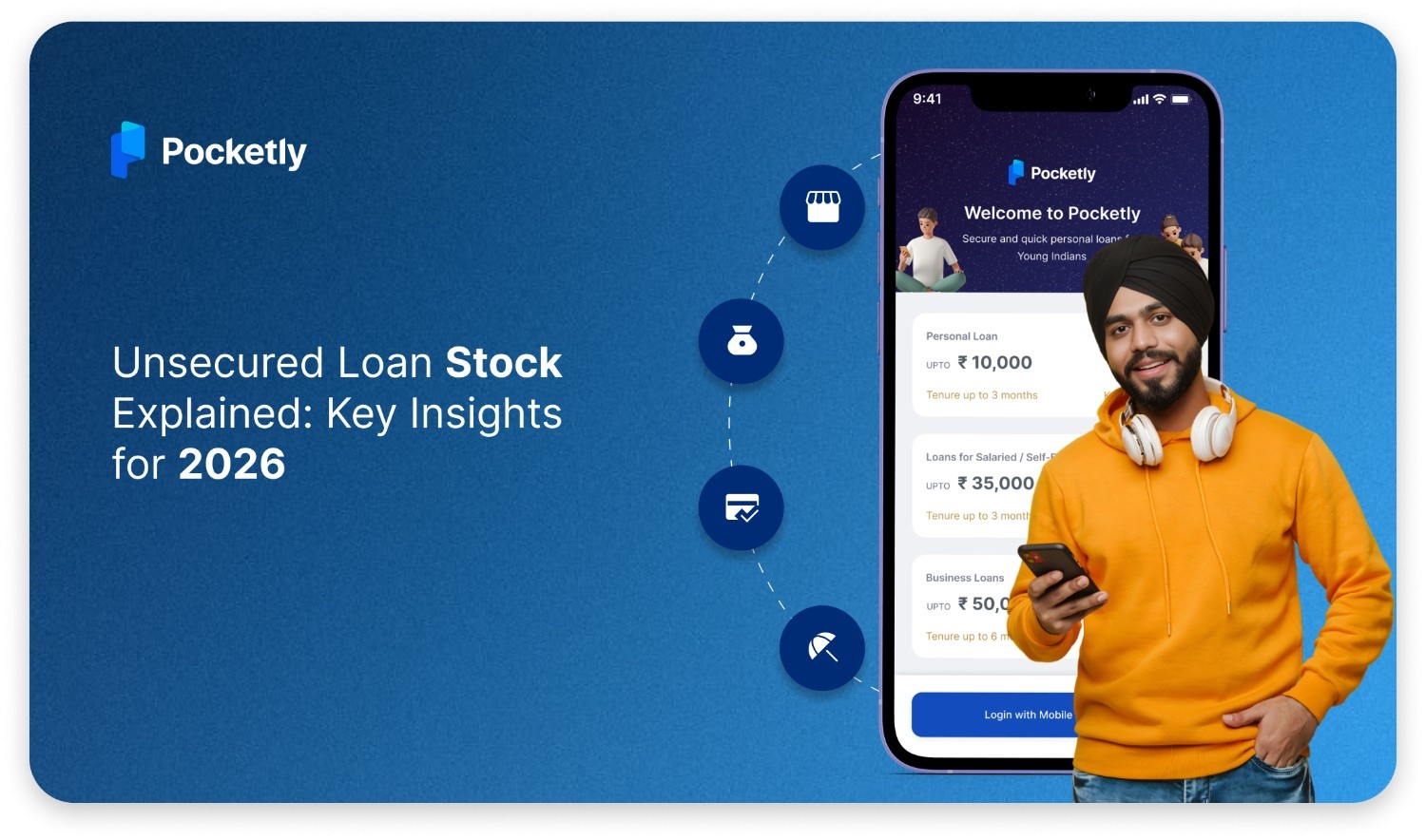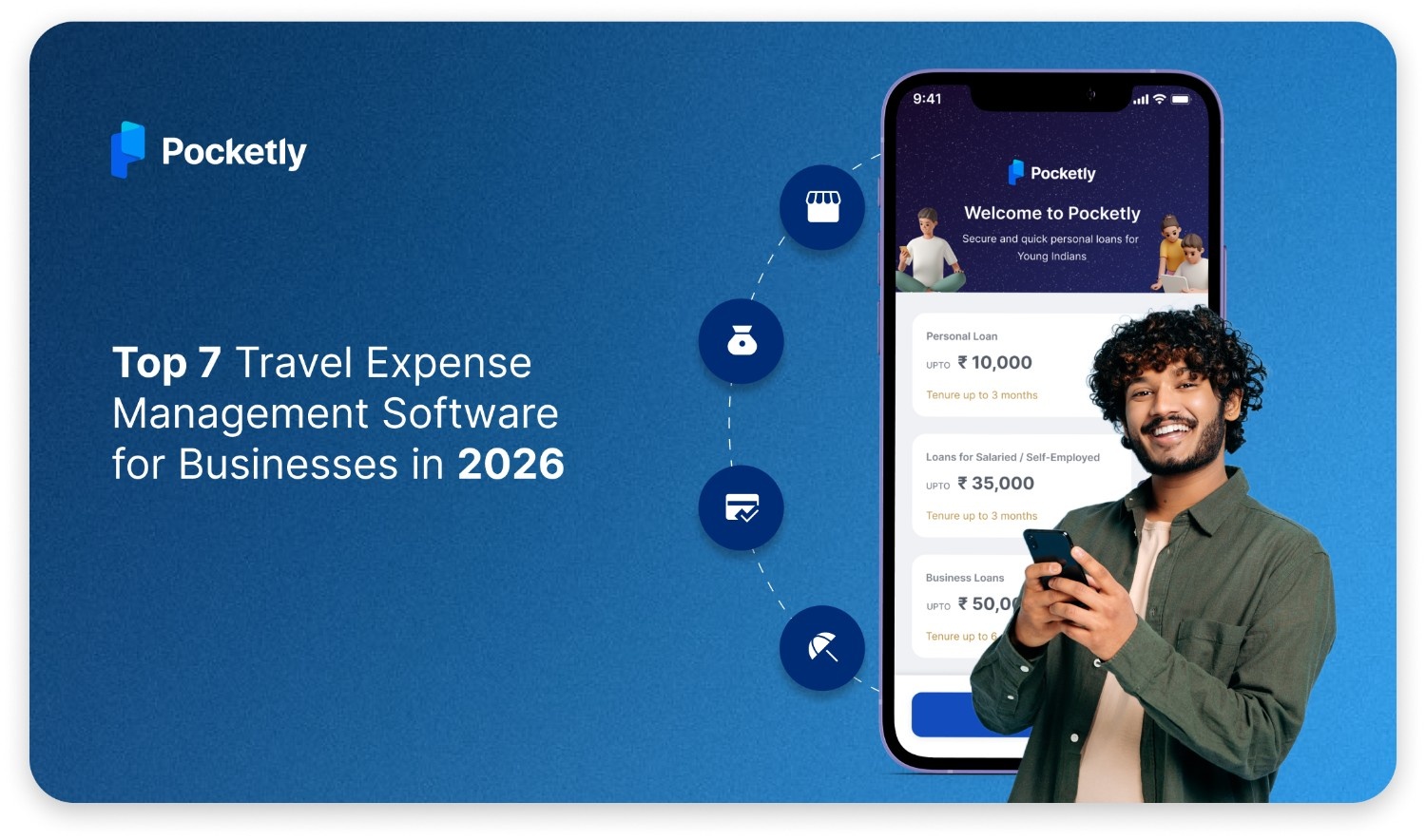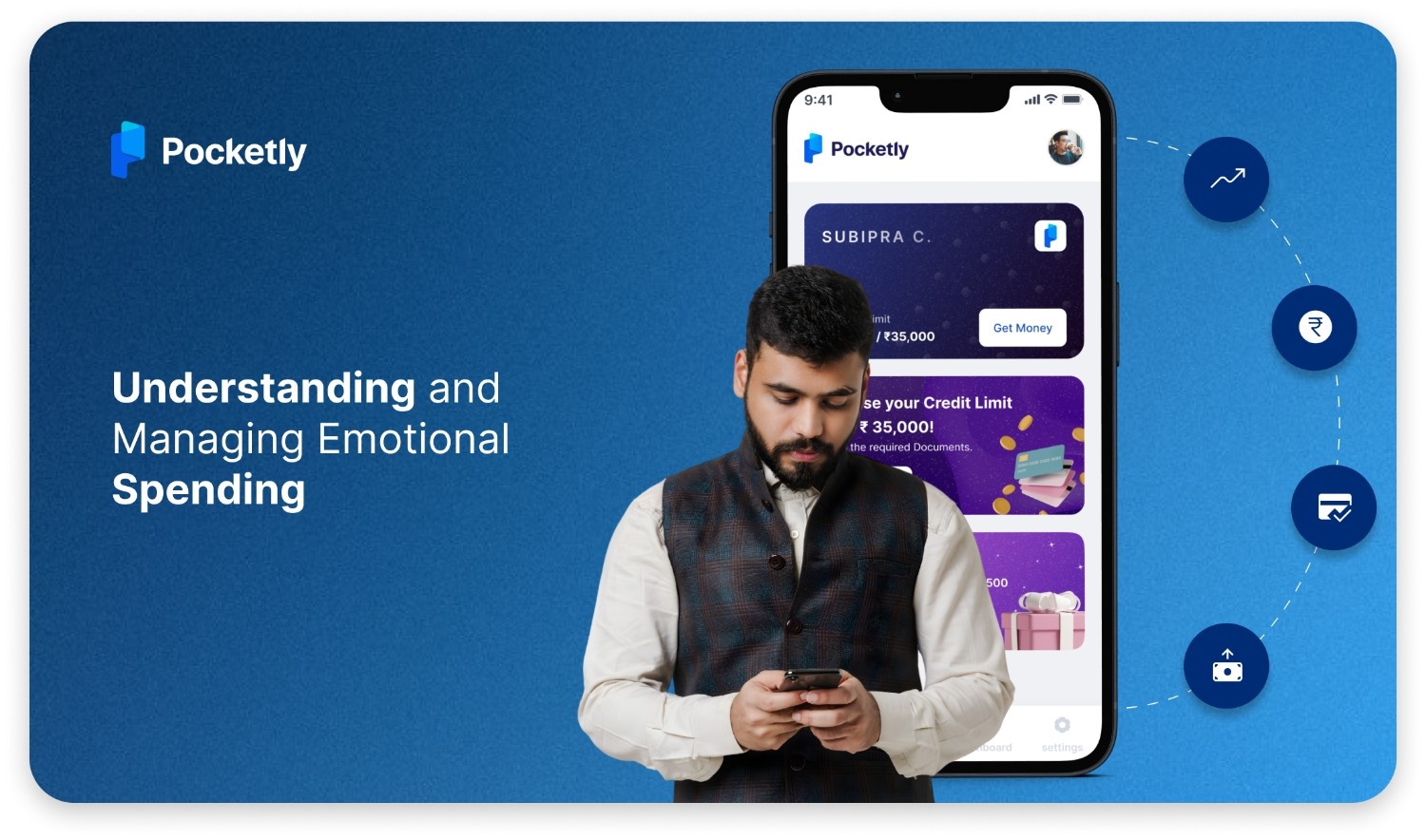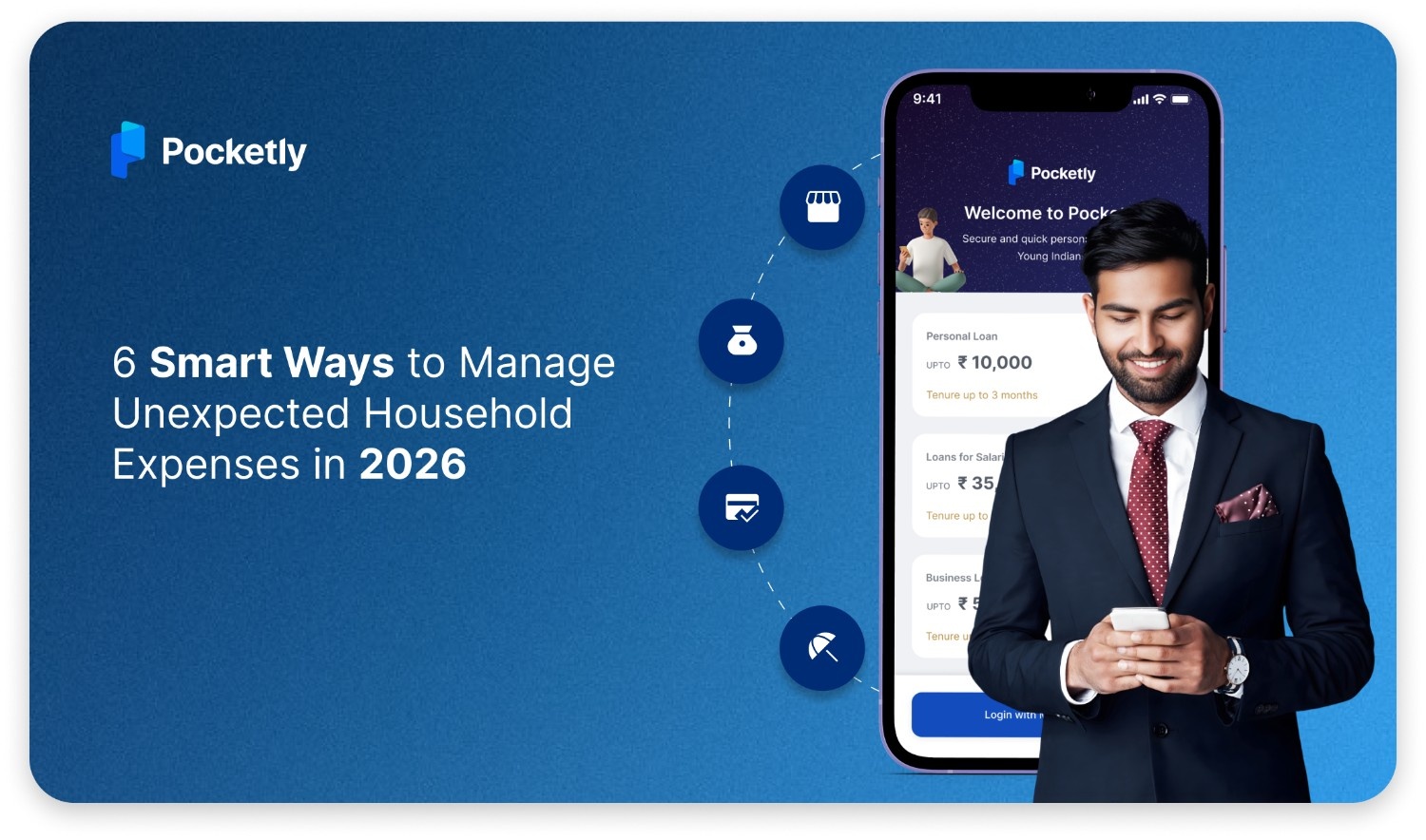When applying for a personal loan or credit card, your CIBIL score plays a crucial role in determining whether you get approved, how much you can borrow, and what interest rates you’ll be offered. Lenders use this score to assess your creditworthiness, helping them decide if you’re a low-risk or high-risk borrower.
The CIBIL score ranges from 300 to 900, with higher scores (750+) increasing your chances of approval and securing better loan terms, while lower scores (below 650) can lead to rejections or high interest rates.
If you’re wondering what the ideal CIBIL score is for a loan or credit card and how to improve your score for better financial opportunities, this guide breaks it all down for you.
What is the Minimum CIBIL Score for a Personal Loan?
To qualify for a personal loan, most lenders require a minimum CIBIL score of 730-750. A higher score improves your chances of loan approval, lower interest rates, and provides better repayment terms. However, some NBFCs and digital lenders may approve loans with a lower score but at higher interest rates or stricter conditions.
Importance of CIBIL Score
- Determines Loan and Credit Card Eligibility – A high score improves your chances of loan and credit card approval, while a low score can lead to rejections.
- Impacts Interest Rates – Lenders offer lower interest rates to borrowers with high CIBIL scores, saving you money in the long run.
- Influences Credit Limits – A good score allows you to access higher loan amounts and better credit card limits.
- Speeds Up Loan Approvals – With a strong CIBIL score, banks and NBFCs process loans faster without extra verification requirements.
- Reflects Your Financial Discipline – A high score shows that you repay debts on time and manage credit responsibly, increasing trust with lenders.
- Affects Future Borrowing Opportunities – A consistently high CIBIL score ensures you can easily secure home loans, car loans, or business loans in the future.
Maintaining a good CIBIL score is essential if you want easy access to credit, better financial stability, and cost-effective borrowing options.
Benefits of a High CIBIL Score
A high CIBIL score (750 and above) makes borrowing easier, more affordable, and less stressful. Lenders trust individuals with good credit history, offering them better loan terms, higher credit limits, and lower interest rates. If you have a strong CIBIL score, you can enjoy several financial advantages.
Key Benefits of a High CIBIL Score:
- Quick and Easy Loan Approvals – Lenders approve personal loans faster with minimal verification.
- Lower Interest Rates – A high score qualifies you for cheaper loans, reducing overall repayment costs.
- Higher Loan and Credit Card Limits – Banks offer larger loan amounts and increased credit limits based on your financial reliability.
- Better Credit Card Rewards and Benefits – High scores allow access to premium credit cards with better cashback, rewards, and perks.
- Flexible Repayment Options – Lenders offer longer tenures and lower EMIs for easier loan repayment.
- Faster Processing with Less Documentation – Verified borrowers face fewer eligibility restrictions and paperwork requirements.
- Better Negotiation Power – With a strong credit history, you can negotiate lower processing fees, better terms, and discounts on interest rates.
Maintaining a good CIBIL score helps you secure the best financial products with maximum benefits and minimum costs.
Impact of CIBIL Score on Credit Cards and Personal Loans
Your CIBIL score directly affects your eligibility, approval chances, and borrowing terms for both credit cards and personal loans. A higher score (750+) makes it easier to secure low-interest loans and premium credit cards, while a low score (below 650) can result in rejections, higher interest rates, or restricted borrowing limits.
How CIBIL Score Affects Credit Cards and Personal Loans
- Higher Scores Improve Credit Card Approvals – A score of 750 or above increases your chances of getting premium credit cards with better rewards, cashback, and benefits.
- Impacts Loan Interest Rates – Borrowers with a higher score get lower interest rates, while those with a low score may face higher interest costs.
- Determines Loan Approval Chances – Most lenders prefer a minimum score of 730-750 for personal loans, a lower score might lead to rejection or stricter repayment terms.
- Affects Credit Limit and Loan Amount – A high score grants access to larger loan amounts and higher credit limits, while a low score limits borrowing capacity.
- Influences Repayment Terms – Borrowers with a good credit history can negotiate flexible EMIs and longer repayment tenures, making loan repayment easier.
- Low Scores Lead to Higher Risks – If your CIBIL score is below 650, lenders may deny your application, charge high processing fees, or require additional collateral.
Keeping your CIBIL score high ensures you qualify for better financial products, lower costs, and faster approvals.
Challenges with Low CIBIL Scores
A low CIBIL score (below 650) can make it difficult to get secure loans, credit cards, or favorable interest rates. Lenders view individuals with a low score as high-risk borrowers, which can lead to loan rejections, stricter terms, or higher borrowing costs.
- Higher Interest Rates – Lenders charge higher interest to compensate for the risk, making loan repayments more expensive.
- Loan Application Rejections – Many banks and NBFCs reject loan applications if the score is too low, limiting borrowing options.
- Lower Credit Limits – Even if approved, you may receive smaller loan amounts or restricted credit limits.
- Difficulty in Getting Unsecured Loans – Without collateral, personal loans and credit cards become difficult to obtain.
- Strict Repayment Terms – Lenders may impose shorter loan tenures or higher EMIs, increasing the financial burden.
- Limited Credit Card Options – Banks may only offer secured credit cards or basic variants with fewer rewards.
- Struggles in Emergency Situations – A low score reduces financial flexibility, making it harder to get funds during urgent needs.
To avoid these challenges, focus on improving your CIBIL score through timely payments, lower credit utilisation, and regular credit report monitoring.
Suggested read: How to Download and Check Your CIBIL Report Online.
Strategies to Improve Your CIBIL Score
A low CIBIL score isn’t permanent—you can improve it over time by adopting smart financial habits. By managing credit responsibly, making timely payments, and reducing outstanding debts, you can gradually increase your score and qualify for better financial opportunities.
Effective Strategies to Boost Your CIBIL Score:
- Make Timely Payments – Pay your loan EMIs and credit card bills on time to gain and maintain a strong repayment history.
- Lower Your Credit Utilisation Ratio – Keep your credit card usage below 30% of your total limit to show responsible spending.
- Avoid Frequent Loan and Credit Card Applications – Too many loan applications lead to multiple hard inquiries, which can lower your score.
- Review and Correct Errors in Your Credit Report – Check your CIBIL report regularly and dispute any incorrect transactions or inaccuracies.
- Maintain a Healthy Credit Mix – Have a balance of secured loans (home/car loans) and unsecured loans (personal loans, credit cards) to improve creditworthiness.
- Keep Old Credit Accounts Open – A long credit history positively impacts your score, so avoid closing old credit cards unnecessarily.
- Negotiate with Lenders for Better Repayment Plans – If you’re struggling with debt, consider negotiating lower EMIs or restructuring loans instead of defaulting.
- Avoid Minimum Due Payments on Credit Cards – Paying only the minimum amount due increases interest charges and negatively affects your score.
By these strategies, you can gradually build a strong credit profile, improving your chances of getting approved for all types of loans and credit cards with better terms.
10 Things You Should Do Before Applying for a Loan
Applying for a personal loan or any type of credit requires careful planning to ensure easy approval, better interest rates, and manageable repayment terms. Before you submit your application, consider these essential steps to boost your chances of approval and avoid unnecessary financial stress.
1. Check Your CIBIL Score
Before applying, review your credit score to see if you meet the lender’s eligibility criteria. A higher score (750+) increases your chances of approval and getting lower interest rates.
2. Assess Your Loan Requirement
Borrow only what you need. Taking a higher loan amount than required can lead to unnecessary debt and higher EMIs.
3. Compare Interest Rates and Loan Offers
Different lenders offer a lot of varying interest rates and repayment terms. Compare banks, NBFCs, and digital lenders to find the most cost-effective loan.
4. Review Eligibility Criteria
Each lender has specific age, income, employment, and credit score requirements. Make sure you meet them before applying to avoid rejection.
5. Gather Necessary Documents
Keep all required documents ready, including identity proof, address proof, income proof (salary slips or bank statements), and employment details for a smooth process.
6. Calculate Your EMI and Repayment Capacity
Use an EMI calculator to estimate your instalment amount and ensure it fits within your budget. Avoid loans that strain your monthly finances.
7. Avoid Multiple Loan Applications at Once
Submitting loan applications to multiple lenders in a short period leads to hard inquiries, which can lower your credit score and eventually it will decrease your chances of approval.
8. Check for Hidden Charges
Apart from interest rates, look for additional costs like processing fees, late payment charges, prepayment penalties, and foreclosure charges.
9. Choose the Right Loan Tenure
A longer tenure means lower EMIs but higher total interest, while a shorter tenure reduces overall interest but increases monthly payments. Pick an option that suits your repayment ability.
10. Ensure a Stable Income Source
Lenders prioritise applicants with stable jobs or consistent business income. If you’re self-employed, maintain strong financial records to prove income stability.
By taking these steps, you can increase your loan approval chances, secure better terms, and ensure a smooth borrowing experience.
What If You Don’t Have a CIBIL Score?
If you don’t have a CIBIL score, it means you haven’t taken any credit (loans or credit cards) in the past, so lenders have no track record of your repayment behaviour. This can make it challenging to get a loan or credit card, as financial institutions prefer applicants with an established credit history.
However, there are still ways to secure credit and build your CIBIL score.
What You Can Do If You Don’t Have a CIBIL Score:
- Apply for a Secured Credit Card – Banks offer secured credit cards against a fixed deposit (FD), helping you build a credit history without prior borrowing.
- Start with a Small Loan or Buy Now Pay Later (BNPL) Services – Short-term credit like consumer durable loans, BNPL services, or salary advances can help establish your credit profile.
- Take a Credit-Builder Loan – Some lenders offer small personal loans specifically for credit building, where repayments are reported to credit bureaus.
- Become a Co-Applicant or Authorised User – If a family member with a good CIBIL score adds you as a co-borrower or an authorised user on their credit card, it helps build your credit history.
- Ensure Timely Payments for Utility Bills & Rent – While these don’t directly impact your CIBIL score, some lenders consider your bill payment consistency when evaluating creditworthiness.
- Maintain a Stable Income and Bank Transactions – Keeping a consistent income flow and good banking habits might increase your chances of approval, even with no credit history.
If you don’t have a CIBIL score, you can still access credit by starting with small, manageable financial products and maintaining responsible repayment habits to build a strong credit profile over time.
Also read our guide on, Getting Personal Loan without CIBIL and Income Proof Online.
Struggling to get an instant personal loan due to a low credit score? Don’t worry—Pocketly has your back! Even if your CIBIL score is low, Pocketly makes it easy to get approved quickly and access the funds you need
Let’s dive into how Pocketly makes borrowing simple and stress-free!
Why Choose Pocketly for Instant Personal Loans?
- Hassle-Free Application Process – Getting a loan should be easy and stress-free, and with Pocketly, it is! The entire process is 100% digital, so you can apply right from your phone without paperwork or long waiting times.
- No Hidden Fees – Transparency is key. What you see is what you get—no unexpected charges, hidden processing fees, or extra costs along the way.
- Instant Approvals & Quick Disbursal – When you need funds urgently, Pocketly delivers! With lightning-fast approvals, you can access your loan within minutes, making it perfect for handling last-minute expenses or emergencies.
- Flexible Repayment Options – Everyone’s financial situation is different, so Pocketly offers customised repayment plans that fit your budget. Whether you need a short-term loan or more flexibility, you’ll find a repayment option that works for you.
- Loans Available Even with a Low Credit Score – Worried about a low CIBIL score? Unlike traditional banks, Pocketly doesn’t solely rely on your credit score to approve your loan. Even if you have little to no credit history, you can still apply and get the financial support you need.
- Designed for Students and Young Adults – Pocketly understands the financial challenges young adults face. That’s why we offer tailored loans with easy approvals, allowing you to manage expenses, build financial independence, and cover urgent needs without hassle.
- 100% Secure and Trusted Platform – With RBI-compliant KYC verification and strong security measures, Pocketly ensures your personal and financial information is safe, giving you a trusted lending experience.
- No Collateral Required – Unlike traditional loans, Pocketly offers completely unsecured personal loans, so you don’t have to pledge any assets to get the funds you need.
With fast approvals, flexible options, and easy eligibility, Pocketly makes borrowing simple, accessible, and stress-free—just the way it should be!
To apply for a personal loan read our guide on, Apply for Instant Personal Loan Online in 2 Minutes.
FAQs
Do I need a credit score?
No credit score is required. Pocketly welcomes first-time borrowers, too. It’s designed for everyone, including those new to credit.
What are the repayment options?
Flexible EMIs allow you to choose a repayment plan that fits your budget. You’ll have complete control over how you repay.
Who can apply for a Pocketly loan?
Anyone aged 18+ with a valid income source, including students, salaried, and self-employed individuals, can apply easily.
What loan amounts can I apply for?
You can borrow ₹1000 to ₹25,000, depending on your eligibility and needs. It’s perfect for covering small and urgent expenses.
How fast can I get the loan?
Approval takes a few minutes, and the funds are transferred to your bank account shortly after. Pocketly makes sure you get a quick and seamless process.
What documents are needed?
Only basic KYC documents—PAN card, Aadhaar card, and bank statement—all uploaded online. You don’t need to deal with any physical paperwork.
Is my data secure?
Yes, Pocketly uses advanced encryption to keep your personal and financial data safe. Your privacy is our priority.
Can I repay the loan early?
Yes, early repayment is allowed with no penalties, helping you save on interest. It’s a smart way to reduce costs and build credit.










